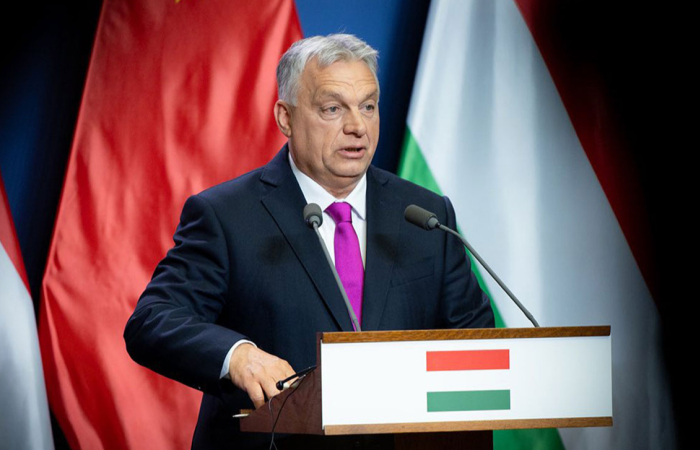A girls' university in northwest Nigeria was targeted in an attack on Thursday (17 June) that resulted in the death of a police officer and the kidnapping of three teachers and an unknown number of students, police have said.
This is the third attack targeting school and university students in less than three weeks in northwest and central Nigeria, where criminal gangs, called "bandits" by the authorities, are spreading terror. "Several police units are currently in pursuit of bandits who attacked Birnin Yauri Public University in Kebbi state," says the police statement.
During the attack, "a police officer was killed and a student was shot and wounded," the police said. "Three teachers and a still unknown number of students are missing," the police added. According to residents, the attackers killed five people, including four students – a figure which has not been confirmed by the authorities.
This sort of attack is not new for Nigeria, where armed groups such as Boko Haram and the Islamic State’s West Africa Province (ISWAP) have terrorised the population for a decade, particularly in the central and northwestern parts of the country.
A series of kidnappings of schoolchildren and students has been going on in recent months. Since December 2020, nearly 900 children and adolescents have been abducted in Nigeria in attacks on their schools.







